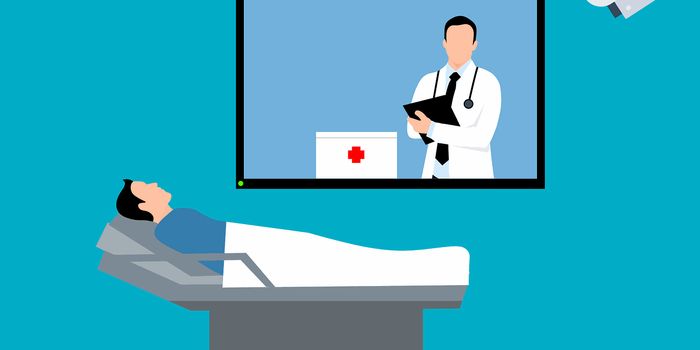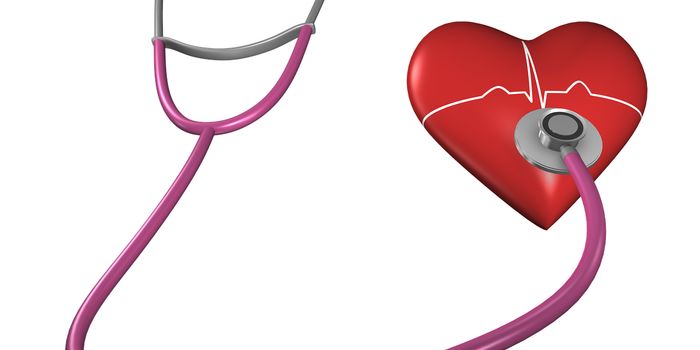Noninvasive Magnetic Stimulation Improves Working Memory
Neuroscientists from the Research Center of Neurology and Skoltech have found that noninvasive magnetic stimulation may be able to improve working memory in people not preoccupied by cognitive tasks.
Working memory is the process behind storing and processing the information we use on a daily basis. It is activated for short-term memory tasks such as memorizing a phone number just long enough to write it down. While disorders associated with working memory are a common symptom of many diseases of the nervous system, one’s working memory capacity is also associated with their ability to learn and general intelligence.
Transcranial magnetic stimulation (TMS) is seen as one of the most promising noninvasive techniques for improving working memory. It works by tampering with the alternating magnetic field of the brain. Used therapeutically for many diseases of the nervous system, it’s known to influence neuroplasticity. For example, a combination of TMS and cognitive activity is a cognitive enhancement technique for people suffering from Alzheimer’s disease.
For their study, the researchers compared the effects of TMS on working memory when applied with and without a cognitive task. Working memory was evaluated both before and after a 20 minute stimulation.Each participant's area for stimulation was selected according to their brain activation patterns upon engaging in a task activating their working memory.
In the end, they found significant improvements in working memory among those who did not perform a cognitive task while receiving the stimulation. They found however that magnetic stimulation in fact weakens working memory when the brain is processing cognitive tasks alongside stimulation. How exactly brain activity influences the efficacy of TMS is still unknown.
"The results of our research lead us to conclude that cognitive activity can reduce rather than increase the TMS efficiency. This should be borne in mind when developing new stimulation protocols for cognitive enhancement in both healthy volunteers and patients suffering from various nervous system diseases," says Natalya Suponeva, Head of Department of Neurorehabilitation and Physiotherapy at the Research Center of Neurology.
Sources: News Medical, Brain Sciences









